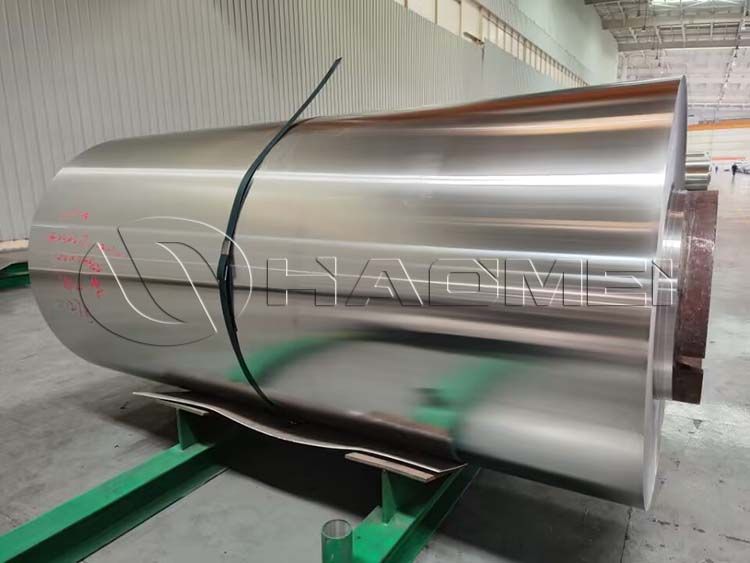5083 and 5182 Aluminum Sheet Coil
Aluminum alloys are increasingly used in modern industry, particularly in sectors with stringent material performance requirements, such as aluminum alloy tank truck manufacturing.
In aluminum alloy tank truck manufacturing, 5083 and 5182 aluminum sheet specifications have specific requirements. Generally speaking, common aluminum tanker plate on the market is less than 12.5 meters in length and less than 2.2 meters in width, with thicknesses of 5mm, 6mm, 7mm, and 8mm being common.

Aluminum sheet (flat sheets cut into fixed dimensions) is currently the mainstream procurement form in the tank truck manufacturing industry. Aluminum coils (continuous sheets supplied in coils, typically in widths of 1220mm, 1500mm, 2000mm, etc.) are more suitable for manufacturers with large-scale production capabilities and a focus on standardized tank trucks.
5083 aluminum plate belongs to the Al-Mg alloy family, with magnesium as the primary alloying element. Common tempers include 5083-O, 5083-h111 and 5083 h321 aluminum plate. It has medium strength and excellent weldability, enabling the sheets to be securely welded together during tanker manufacturing, safeguarding the structural integrity of the tank.
Its corrosion resistance is also outstanding, effectively resisting corrosion from both humid air and the various liquids being transported, extending the service life of the tanker. Its excellent processability allows 5083 aluminum sheet to be easily fabricated into various complex shapes, meeting the design requirements of various tanker components.
5182 aluminum sheet, also an Al-Mg alloy, is a new high-magnesium alloy developed specifically for the European Agreement on the Transport of Dangerous Goods by Road. It exhibits excellent tensile strength and elongation. After welding, the mechanical properties of the weld meet the specified minimum values of the parent material, significantly enhancing the safety of aluminum alloy tank trucks.
5182 aluminum coil also offers excellent corrosion resistance, effectively resisting the attack of petroleum and other chemicals within tank trucks, ensuring long-term stable operation. Furthermore, its excellent processability allows for smooth cutting, bending, and welding, facilitating tank truck manufacturing.
Tank truck manufacturers can quickly determine whether to use aluminum sheet or aluminum coil based on the following three key factors:
1. Production scale and order type
If annual production is less than 500 units and orders are primarily customized, aluminum sheet is preferred to avoid idle slitting equipment and the high costs of customized slitting.
If annual production is ≥1,000 units and the focus is on standardized models, aluminum coil is preferred to reduce costs through bulk purchasing and automated production.
2. Processing capabilities
If slitting equipment is unavailable or the processing team is small, aluminum sheet should be selected to minimize equipment investment and technical barriers to entry.
If CNC slitting machines and automated production lines are already in place, aluminum coil should be selected to maximize equipment capacity.
3. Cost and inventory balance
For short-term, small-volume orders, aluminum sheet offers a more cost-effective combination of "zero equipment investment and short turnaround time."
For long-term, large-volume orders, aluminum coil offers a more cost-effective combination of "low-cost procurement and low scrap rate." Consider the inventory turnover rate of aluminum coil as well (it's recommended to purchase based on a three-month production capacity to avoid long-term capital accumulation).
Original Source:https://www.aluminumtankerplate.com/a/5083-and-5182-aluminum-sheet-coil.html
Tags: 5083aluminum plate ,
